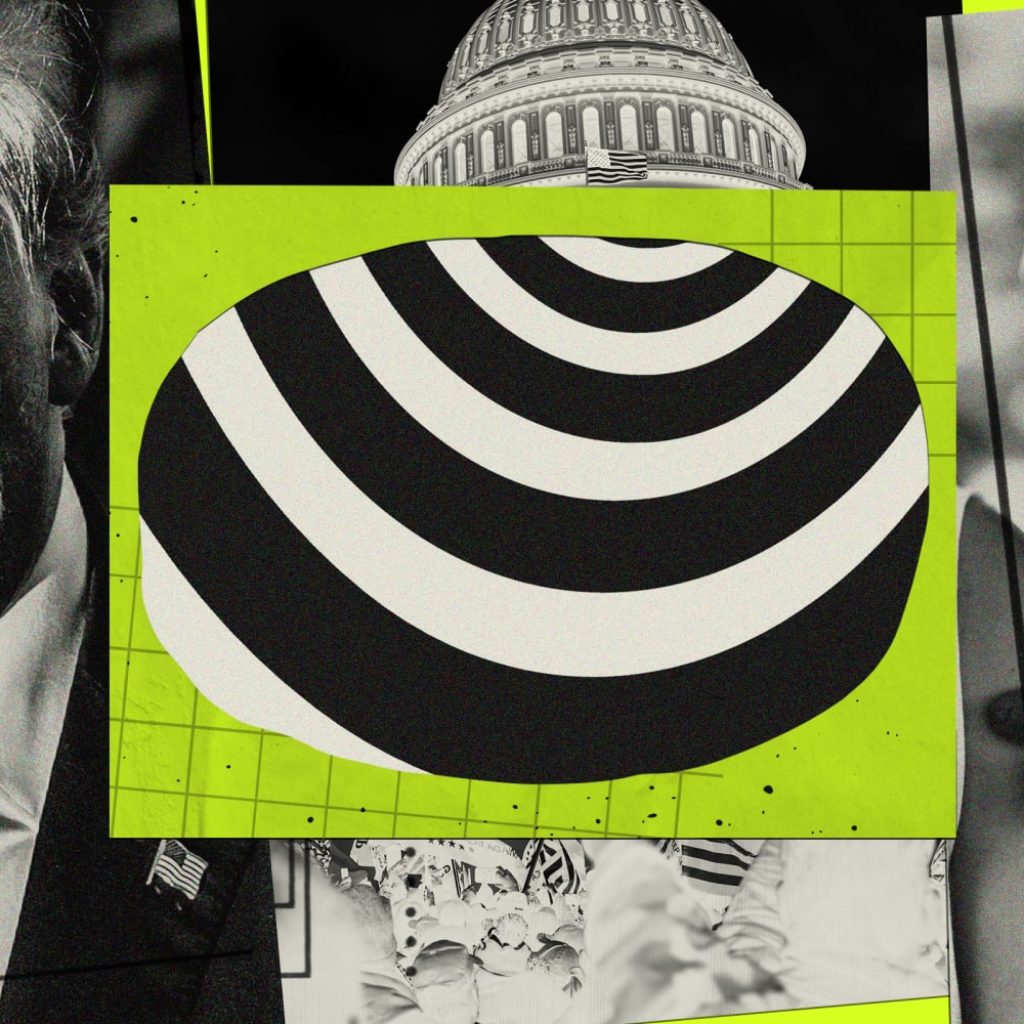The Metropolitan Police Service’s deployment of live facial recognition (LFR) technology in Westminster has been branded as an “Orwellian mass surveillance tool” by civil rights campaigners. Big Brother Watch, a leading privacy advocacy group, has raised alarms over the police’s use of this technology, especially after its deployment at least eight times since its pilot launch in 2022.
How LFR works
LFR cameras, when active, scan every individual that passes by. Each face is mapped and transformed into a “biometric face print”, akin to fingerprints. These prints are then cross-referenced against a police watch list to identify potential matches, all without the consent of the individuals being scanned.
Madeleine Stone from Big Brother Watch equated the experience to a mandatory fingerprint check just to walk down a street. She commented, “It’s the same thing as having your fingerprint taken by the police in order to walk down the street.”
Incidents and concerns
A recent incident on September 9 saw a man stopped by the police in Wardour Street after his face was matched with an individual who had missed a sentencing hearing. The police claim he assaulted an officer upon being stopped.
However, the Metropolitan Police Service (MPS) maintains that the technology is employed solely to “locate dangerous individuals”.
Types of Facial Recognition
The police utilize two primary forms of facial recognition:
Retrospective recognition: This method involves comparing images of suspects with existing custody image databases.
Live Facial Recognition (LFR): LFR is more immediate, operating from police vans stationed in specific areas. Signs are displayed to inform the public that facial recognition is in operation.
Sir Mark Rowley, the MPS commissioner, recently mentioned that the force’s new plans to use retrospective facial recognition for identifying shoplifters were “pushing boundaries”.
Human rights concerns
Many human rights organizations have expressed deep concerns about the use of facial recognition, labeling it as discriminatory, inaccurate, and a significant privacy concern.
Ms. Stone highlighted that over 80% of facial recognition matches have been inaccurate since its inception. She added, “This is an Orwellian mass surveillance tool rarely seen outside of Russia and China and has absolutely no place in London.”
Furthermore, there have been reports of individuals, including children, being mistakenly identified by LFR and subsequently detained by the police. Ms. Stone also pointed out the algorithmic bias in the technology, noting that it is “less accurate for women and people of color”.
Policing and trust
Caroline Russell, chair of the London Assembly police committee, emphasized the lack of transparency regarding the composition of watch lists and the purpose of deployments. She stated, “LFR is a really dangerous technology and it’s very difficult to see how it’s actually making a difference in terms of policing.”
The London Policing Ethics Panel reported that certain demographic groups, especially younger individuals and those from Asian, black, and mixed ethnic backgrounds, are more likely to avoid events if LFR monitoring is known to be in place.
MPS’s stance
In response to the concerns, an MPS spokesperson said that the primary focus of LFR has been on serious crimes, such as violent offenses and those with outstanding warrants. They highlighted that the technology has been instrumental in several arrests for grave offenses.
However, Big Brother Watch has contested the MPS’s claims on the accuracy of the technology, suggesting that the MPS uses a different formula to calculate accuracy rates.
Calls for a ban
Liberty, another human rights organization, has initiated a petition urging the home office to ban facial recognition technology altogether. Emmanuelle Andrews, Liberty’s policy and campaigns manager, opined, “We cannot police and surveil our way out of social problems… The safest thing to do for everyone is ban facial recognition technology.”
The deployment of facial recognition technology by the Metropolitan Police Service has ignited a fierce debate on privacy, ethics, and the role of surveillance in modern society. As technology continues to evolve, striking a balance between security and individual rights will remain a pressing challenge.





